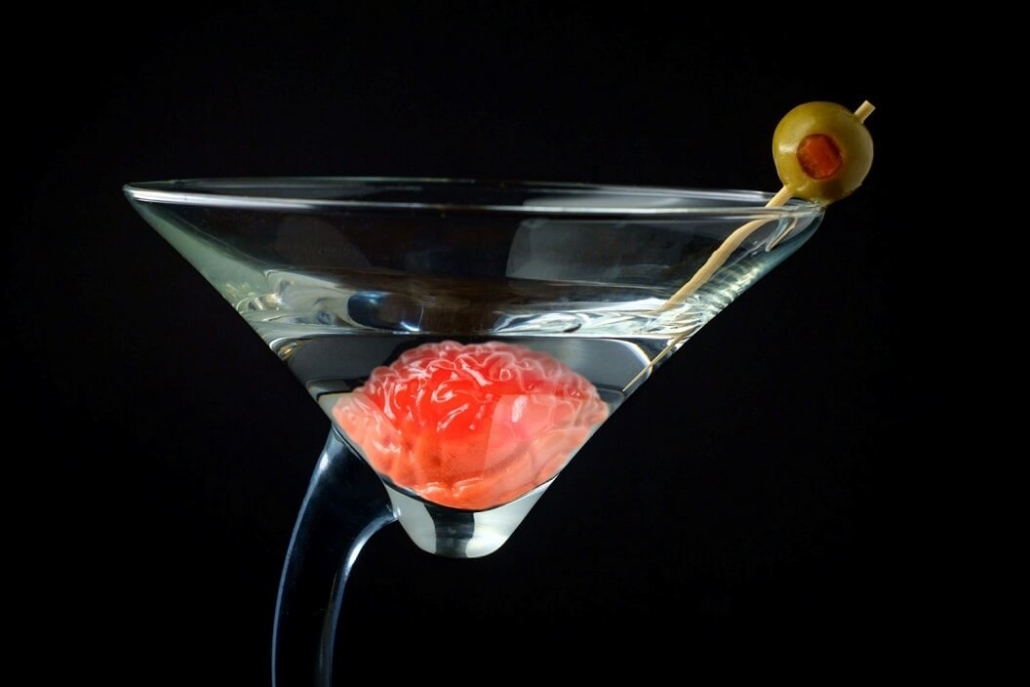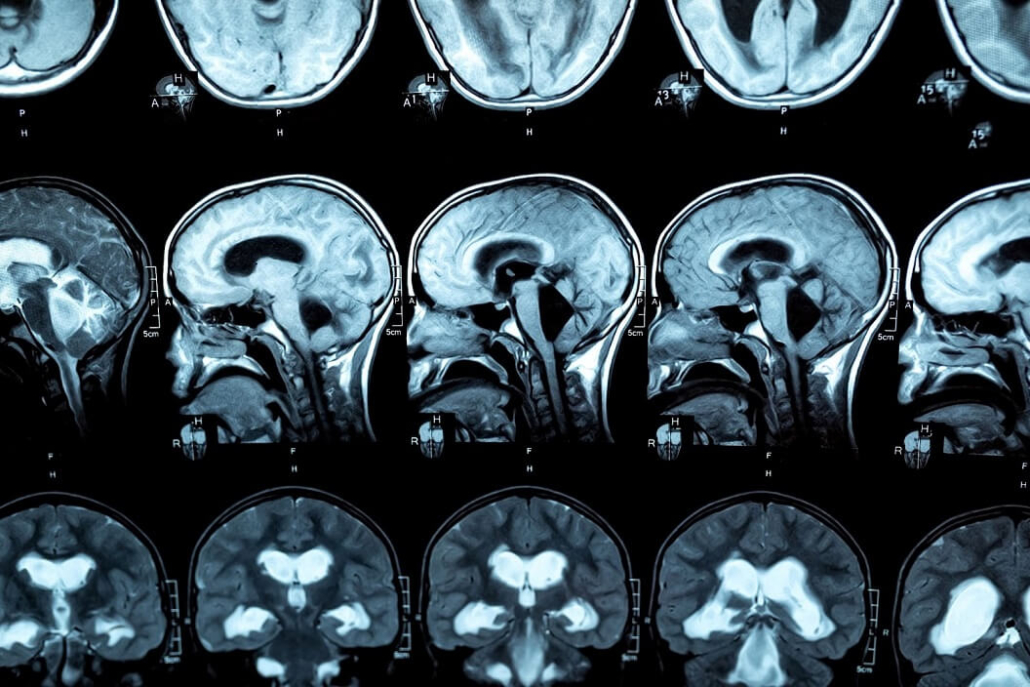There are a lot of terrible consequences of suffering a traumatic brain injury (TBI). In many instances, victims will no longer be able to enjoy what they once loved, such as having a few drinks with their friends on the weekends because consuming alcohol after a brain injury can be very dangerous.

If you or someone you care about suffered a TBI as a result of an accident caused by someone else, a Florida brain injury attorney with Lytal, Reiter, Smith, Ivey & Fronrath can help you seek damages associated with the injury. To schedule your free consultation to learn more about how we may be able to help you, please call us at (561) 655-1990 or use our online contact form.
How much alcohol is safe to drink after a TBI?
The short answer is “none” because the brain becomes much more sensitive to alcoholic beverages after a TBI. Even only one or two drinks could have a dramatic effect on balance and coordination and could hinder your ability to timely react to changing road conditions as you’re driving.
These dangers are amplified if you’re taking medication because alcohol often has adverse interactions with medications, including with mood-stabilizers and anti-seizure medications. Alcohol might increase the effects of some medications while reducing the effectiveness of others.
Speak with your doctor if you have questions or concerns about alcohol and a TBI.
Alcohol & brain injury: A risky relationship
We can’t overstate just how dangerous drinking alcohol after a brain injury can be. Just one drink can make it difficult to think clearly, communicate, and could increase the risks of developing depression and other mental health issues.
Alcohol hinders everyone’s coordination, but when you’ve suffered a TBI, that effect can occur much more quickly and dramatically, which could even result in a fall, only worsening your TBI.
Alcohol might increase recovery time
As many as 40% of TBI victims resume drinking within two years after suffering a TBI. Unfortunately, alcohol could interfere with your recovery by either slowing it or stopping it entirely. If you want to have the best possible chance of your brain healing completely, you should avoid alcohol entirely.
Increased risk of seizures
A seizure can be a scary experience for the person having it and for any witnesses. A TBI already places you at an increased risk of seizures, however drinking alcohol can raise that risk even higher.
Decline in cognitive function
A TBI can hinder cognitive skills including expressing thoughts, remembering names, and being able to concentrate. Alcohol can further hinder cognitive skills. The negative effects could last for days or even weeks after just a few beverages.

Mental health concerns
People who’ve suffered a TBI are more likely to develop depression and other mental health issues. If you’ve been able to avoid these kinds of problems so far, you might not be able to continue doing so if you drink. Alcohol can lead to the development of depression – if you already have depression, drinking could worsen your symptoms. Alcohol might also reduce the effectiveness of any anti-depressants you may be taking.
Speak with your doctor before having a drink
You might not be dissuaded by the above information. If that’s the case and if you want to drink, consult with your doctor first. A medical professional can help you determine the safest way to consume alcoholic beverages.
Treatments for brain injury
Medical science continues to evolve in the area of TBI treatment, providing options that might not have been available just a few years ago. Talk to your doctor to learn more about the following:
- Hyperbaric oxygen therapy – This treatment involves breathing pure oxygen in a controlled, pressurized setting in order to reduce pain and other symptoms.
- Meditation – Meditating helps you slow down your thoughts and calm both the body and mind.
- Yoga – Yoga promotes both mental and physical health.
- Cognitive behavioral therapy – This is a method of showing you how to think differently, and to make positive life changes.
- Memory training – If you have difficult remembering things, this form of cognitive rehabilitation may help.
Resources for Florida brain injury survivors
It’s difficult to find support after suffering a TBI. Thankfully, there are lots of resources for TBI victims in our state. Here are just a few.
Florida traumatic brain injury support groups
You can find TBI support groups close to you, regardless of where in Florida you live. If you would like the support of people who know what you’re going through and to offer them support, find a support group near you.
Moderation management
The principle behind Moderation Management is to help people find ways to reduce drinking gradually without trying to immediately stop entirely which can sometimes lead to heavy relapses.
SMART recovery
SMART (Self-Management and Recovery Training) Recovery is a program designed to help you quit drinking. Unlike AA (Alcoholics Anonymous), SMART Recovery takes a scientific approach, rather than a spiritual one, by emphasizing self-reliance and self-empowerment.
Traumatic brain injury? We can help.
The attorneys with Lytal, Reiter, Smith, Ivey & Fronrath fervently hope that you will reach full recovery following your TBI. If you want to stop drinking, we also hope the resources mentioned above will help you reach your goals.
We’ll also be here for you if you’re considering seeking legal action against those who were responsible for your injury. Contact us online or call us at (561) 655-1990 for a free review of your case.




